Search
Two major groups that provide valuable connections to our donor community.
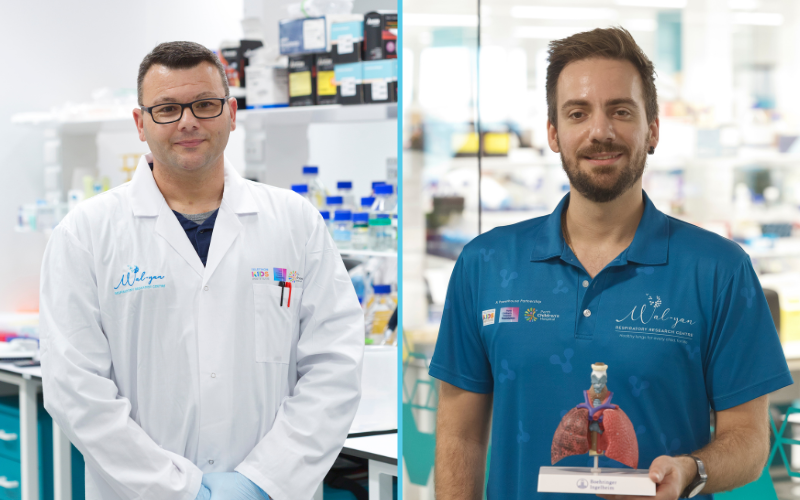
News & Events
Research into innovative treatments for asthma and antibiotic-resistant infections fuelled by Stan Perron Charitable Foundation grantsNew funding from the Stan Perron Charitable Foundation will support research into innovative treatments for antibiotic-resistant infections and asthma in children, led by Wal-yan Respiratory Research Centre researchers.
The birth of Channel 7 Perth's Telethon in 1967 happened of all places - on a golf course. Read more about how this massively successful event was created.
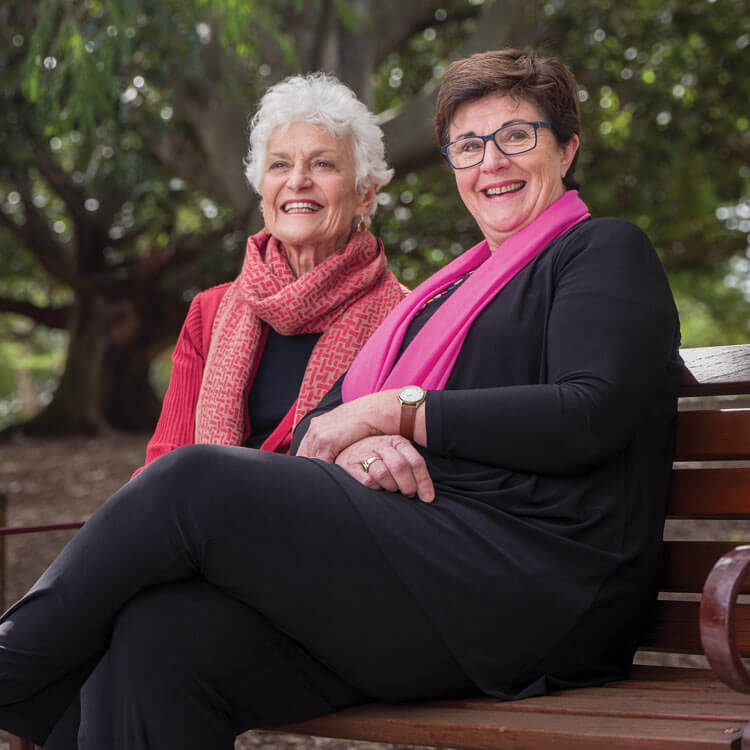
The legacy of beloved parenting author and educator Maggie Dent is set to live on well beyond her lifetime.
Geoff Cattach has headed the Children's Leukaemia & Cancer Research Foundation and raised $24 million to fund The Kids' research into childhood cancers
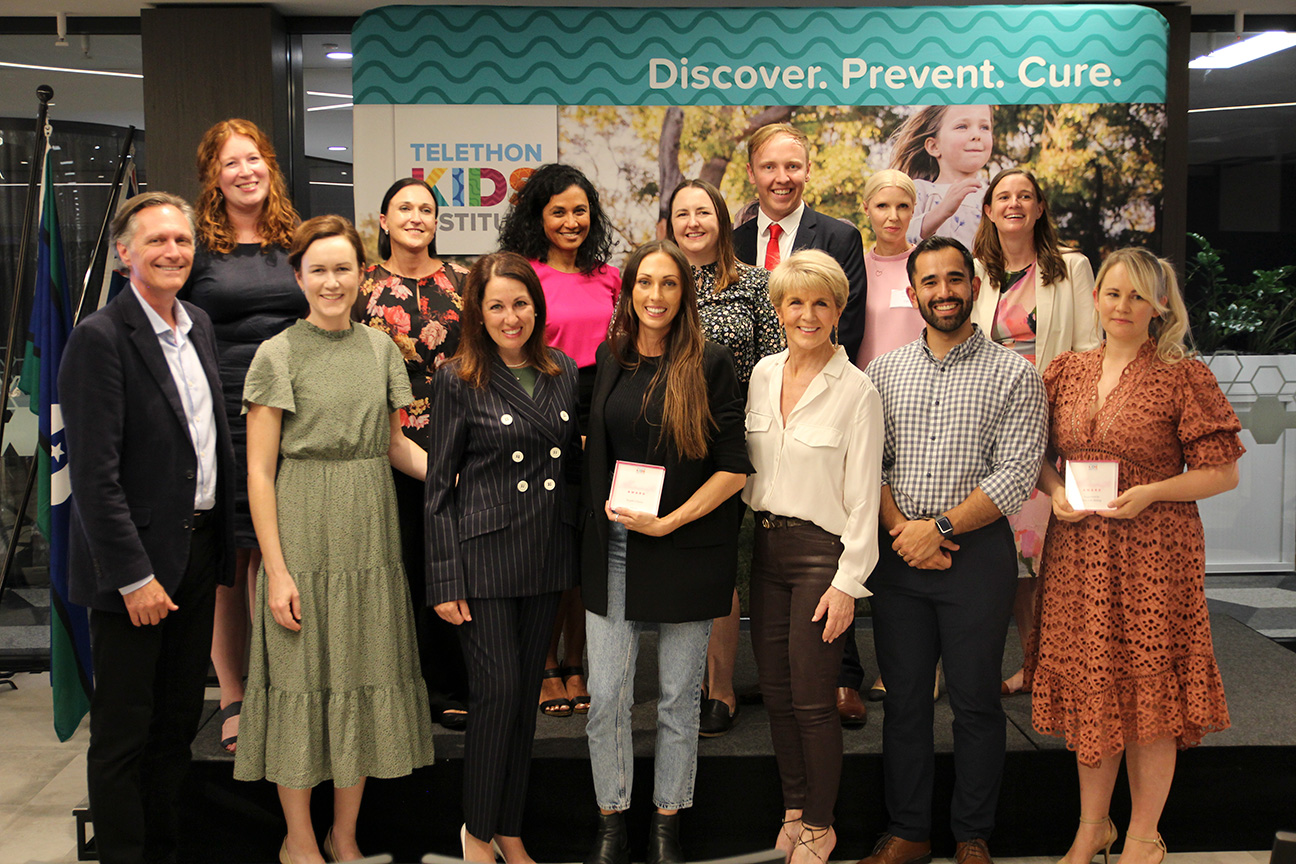
News & Events
Pitch Perfect! Illuminate PitchFest 2023Ten researchers from different areas took to the stage with a carefully crafted presentation and three-minute pitch, in efforts to spark the interest of 80 guests
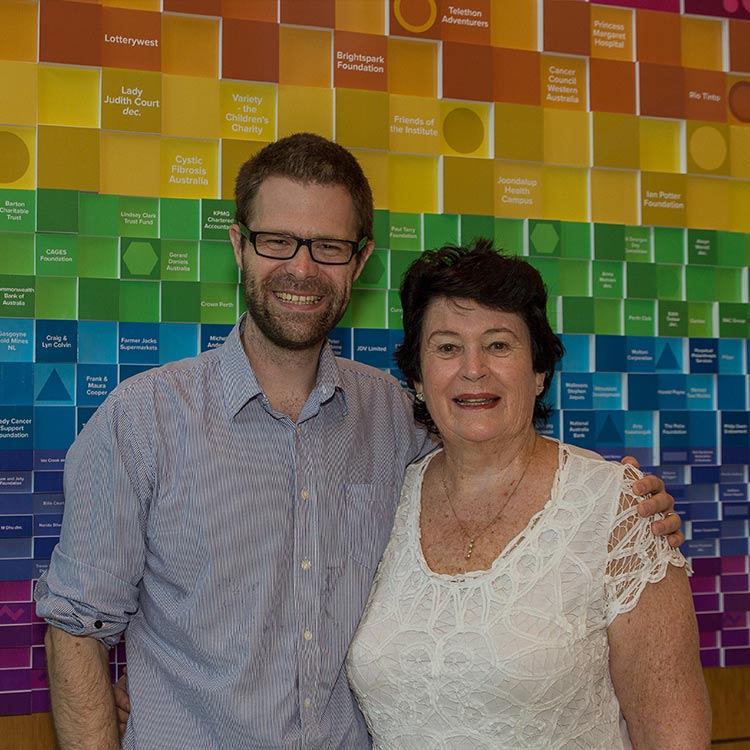
The Angela Wright Bennett Foundation has made a $250,000 donation to autism research being led by Andrew Whitehouse at The Kids Research Institute Australia. Read more.
Mailing list Discover. Prevent. Cure. Discover. Prevent. Cure. Mailing list Be Inspired About The Kids About The Kids Be Inspired Join thousands of
Find out more about Paediatric Occupational Therapy services at CliniKids.
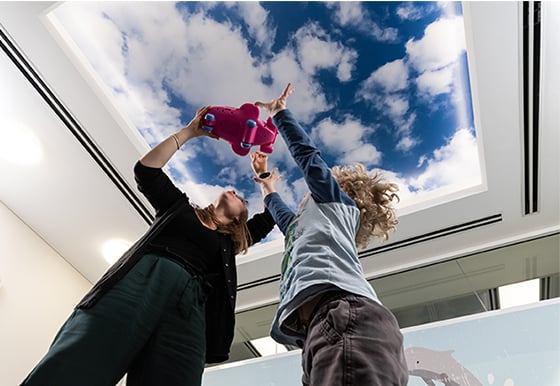
News & Events
How much is the right amount of therapy?In this blog, CliniKids Director Professor Andrew Whitehouse and Research Development Manager Sarah Pillar explore one of the most common questions when it comes to support for autistic children - how much is the right amount of therapy?
